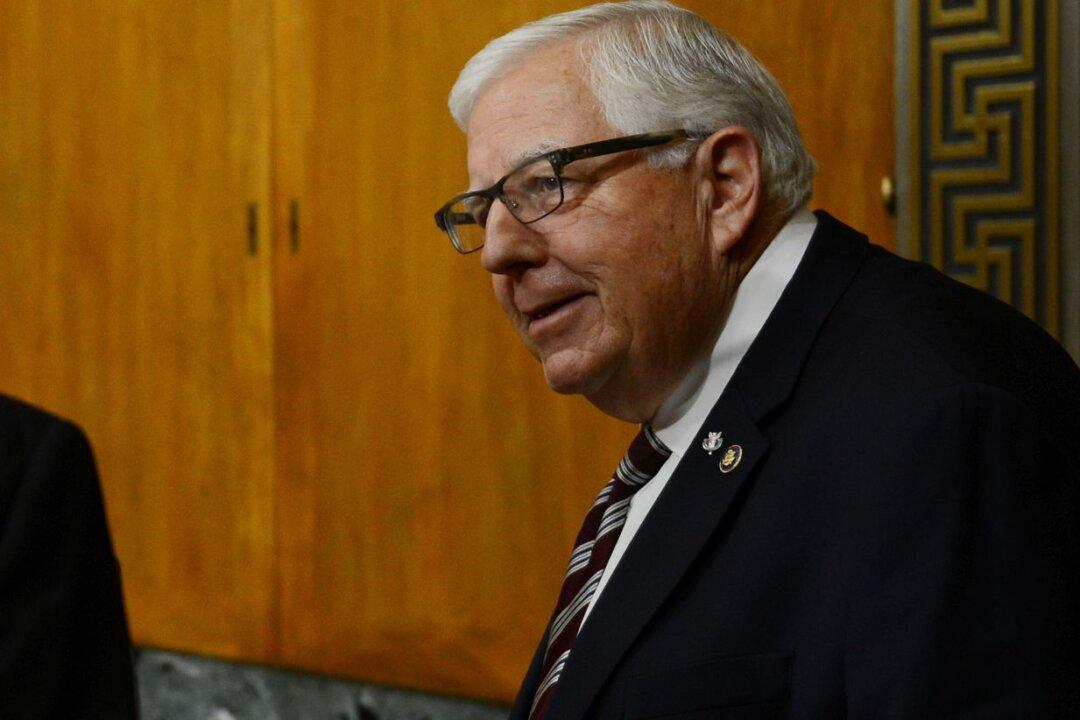WASHINGTON—Hundreds of billions of federal tax dollars will be spent this year on programs with expired legislative authorizations — including thousands from a law passed in 1985 — according to the Congressional Budget Office (CBO), but Congress appears to be in no hurry to fix the problem.
The CBO report — which was made public recently by Senate Budget Committee Chairman Mike Enzi (R-Wyo.) — found tax dollars will be spent in 2020 on at least 1,046 expired authorizations on programs under 272 laws approved by Congress and signed by the President.





